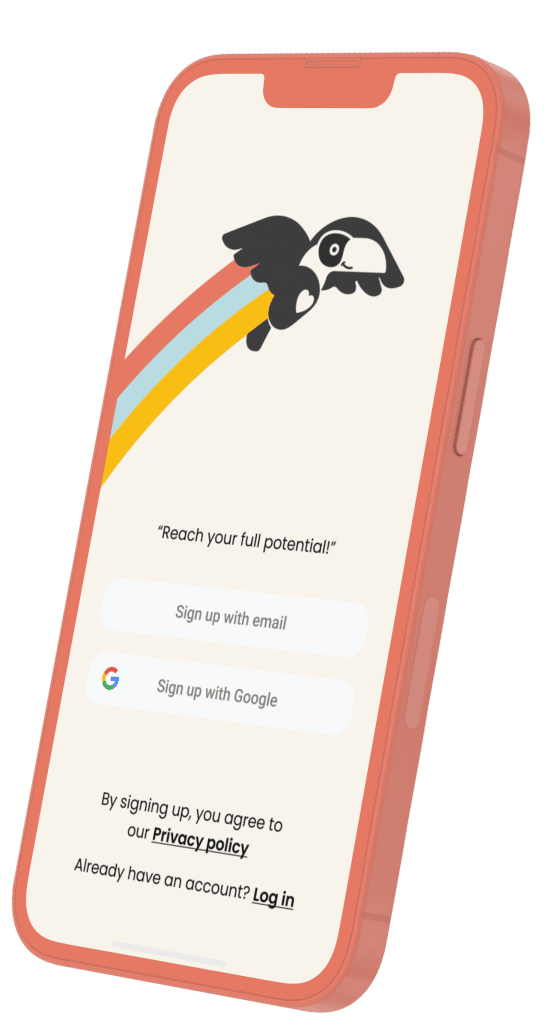In today’s digital world, marketing is more important than ever for businesses to connect with their target audience and drive sales. As technology continues to advance, Artificial Intelligence (AI) is becoming an increasingly powerful tool for marketers to optimize their strategies and achieve better results. From AI-powered marketing automation to data-driven targeting and optimization, AI is changing the face of modern-day marketing.
The Role of AI in Marketing
AI has revolutionized the way marketers approach their work by providing them with powerful tools to automate and optimize their efforts. By analyzing vast amounts of data and leveraging machine learning algorithms, AI can assist marketers in developing more effective marketing strategies and improving their ROI.
One of the primary benefits of AI in marketing is its ability to automate repetitive tasks. For example, AI can automate the process of lead generation by using predictive analytics to identify the most promising leads and nurture them through the sales funnel.
Similarly, AI can automate email marketing campaigns by analyzing user behavior and sending targeted emails at the most opportune times.
Another benefit of AI in marketing is its ability to optimize campaigns for maximum impact. With AI-powered targeting and optimization, marketers can use data-driven insights to improve ad performance and maximize ROI.
AI can analyze user behavior, identify patterns, and adjust targeting criteria in real-time to ensure that campaigns are reaching the right audience at the right time.
How Can We Leverage AI to Build Marketing Strategies?
To leverage AI in marketing, businesses need to invest in AI-powered marketing tools and platforms. Many marketing automation platforms offer features such as predictive analytics, lead scoring, and content optimization. These tools can help businesses automate tasks, optimize campaigns, and improve their overall marketing performance.
Another way to leverage AI in marketing is to use AI-powered content creation and curation tools. AI can analyze user behavior and identify patterns to help businesses create more engaging and relevant content.
For example, AI-powered tools can analyze social media trends to help businesses identify topics that are resonating with their audience and create content that is more likely to go viral.
Marketing Tasks That AI Can Assist You In
AI can assist businesses in a wide range of marketing tasks. Here are some examples of how AI can be used to automate and optimize marketing efforts:
- Lead Generation: AI can analyze user behavior and identify patterns to help businesses identify the most promising leads and nurture them through the sales funnel.
- Customer Segmentation: AI can analyze user behavior and segment customers based on their preferences and behaviors, allowing businesses to personalize their marketing efforts and improve customer engagement.
- Email Marketing: AI can analyze user behavior to identify the most opportune times to send emails and automatically send targeted messages to users based on their interests and behaviors.
- Social Media Marketing: AI can analyze social media trends and user behavior to help businesses create more engaging and relevant content. For example with the assistance of AI reel maker tools, companies can now efficiently craft captivating visual content tailored to trending topics and audience preferences.
Leveraging AI to Optimize Marketing Strategies
AI-powered optimization is one of the most powerful benefits of AI in marketing. By analyzing vast amounts of data and leveraging machine learning algorithms, AI can help businesses optimize your marketing strategies for maximum impact. Here are some examples of AI-powered optimization:
A/B Testing
A/B testing is a way to test two different versions of something (such as an email, a website, or an ad). This is done to see which one performs better.
For example, a company might create two different versions of an email and send them out to different groups of people to see which version gets more clicks or conversions.
Personalized Marketing
Personalized marketing is a way to create marketing campaigns that are tailored to individual customers.
This can involve analyzing data such as customer behavior, preferences, and purchase history to create targeted campaigns that resonate with each customer.
For example, a company might send personalized product recommendations to customers based on their past purchases. Personalized marketing is important because it can improve customer engagement, loyalty, and satisfaction.
Predictive Analytics
Predictive analytics is a way to use data and statistical algorithms to predict future outcomes. In marketing, predictive analytics can be used to identify patterns and trends in customer behavior, and to make predictions about future behavior.
A company might use predictive analytics to identify customers who are most likely to make a purchase, and to create targeted campaigns to reach those customers.
How AI is Changing the Face of Digital Marketing
AI is changing the face of digital marketing by providing businesses with powerful tools to automate and optimize their efforts. Here are some examples of AI-powered digital marketing:
- Chatbots: AI-powered chatbots can assist customers with their inquiries and provide personalized recommendations based on their behavior and preferences Voice Search Optimization. With the rise of voice assistants like Amazon’s Alexa and Google Home, businesses are increasingly focusing on optimizing their content for voice search. AI-powered voice assistants can analyze user behavior and provide personalized recommendations based on their preferences and previous interactions.
- Social Media Advertising: AI-powered social media advertising platforms can analyze user behavior and target ads to users based on their interests and behaviors. This allows businesses to reach their target audience more effectively and drive higher engagement.
Challenges and Limitations of AI in Marketing
While AI has many benefits for marketers, there are also challenges and limitations to consider. One of the main challenges is the ethical considerations of using AI in marketing. For example, AI-powered targeting can result in ads being targeted to specific demographic groups, potentially leading to discrimination or bias.
Another challenge is the potential for AI-powered campaigns to be less effective than human-led efforts. While AI can analyze data and identify patterns, it may not always be able to accurately predict user behavior or preferences.
Finally, there is also the challenge of the cost of implementing AI-powered marketing strategies. While AI-powered tools and platforms can be highly effective, they can also be expensive, making them out of reach for smaller businesses.
Conclusion
AI is changing the face of modern-day marketing by providing businesses with powerful tools to automate and optimize their efforts. From marketing automation to data-driven targeting and optimization, AI is helping marketers to achieve better results and improve their return on investment.
However, there are also challenges and limitations to consider, including ethical considerations and the cost of implementing AI-powered strategies. As technology continues to advance, it’s clear that AI will continue to play an increasingly important role in modern-day marketing.
Businesses that embrace AI-powered tools and platforms will be better positioned to succeed in the years ahead.


